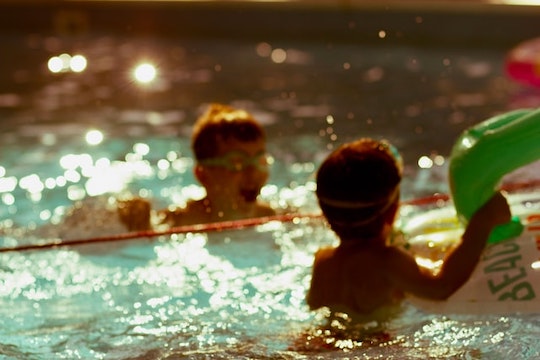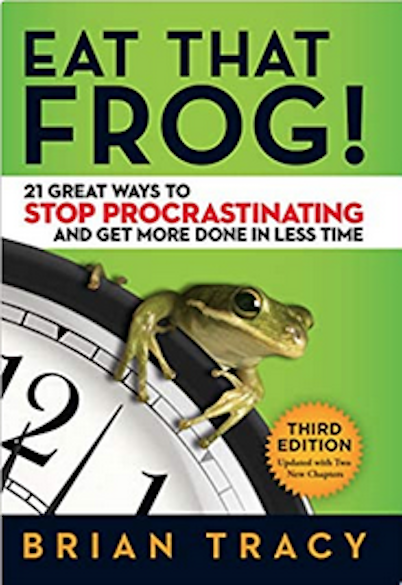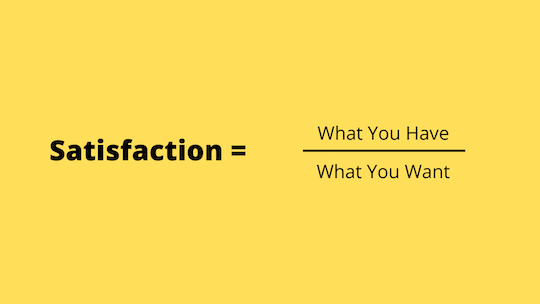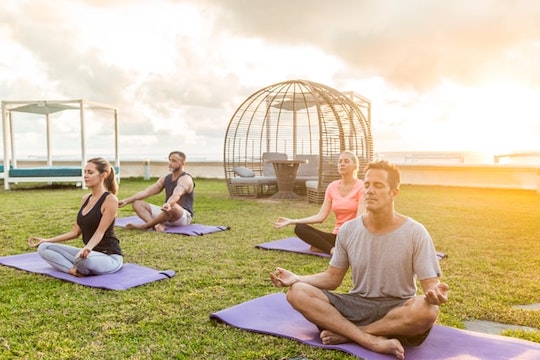“The forced separation from ordinary ambitions temporarily right sizes one’s life.”
—Arthur C. Brooks, faculty member of the Harvard Business School

Image from Pixels by Lukáš Vaňátko
How often do you wake up in the morning with a strong sense of peace and calm?
What percent of the time do your thoughts spring into action with all the to-dos for the day, before your feet even hit the floor?
When do you first check your phone for texts or emails that have piled up overnight?
How many truly important messages do you receive each day, and how many do you consider clutter of junk?
Although we are now well into summer, there is always time to do a bit of spring cleaning.
How would some forced separation from your ordinary ambitions that clutter your various inboxes help you right size your life?
EXERCISE:
Where would unsubscribing and removing various barriers to your aliveness make the biggest difference?
Where can and will you begin today?














